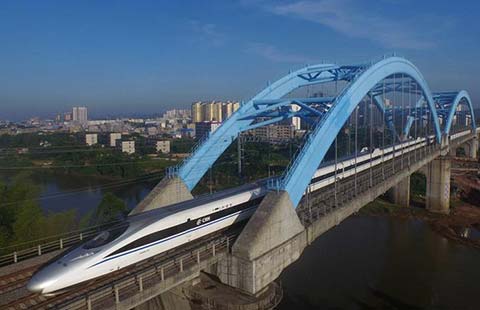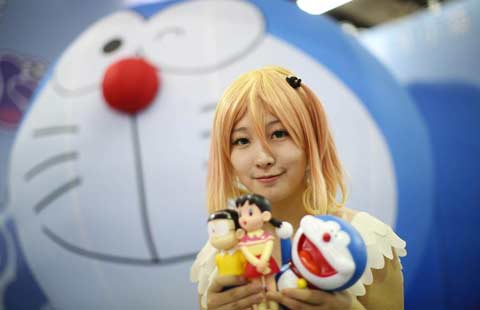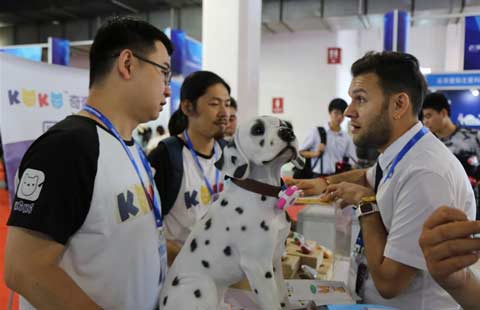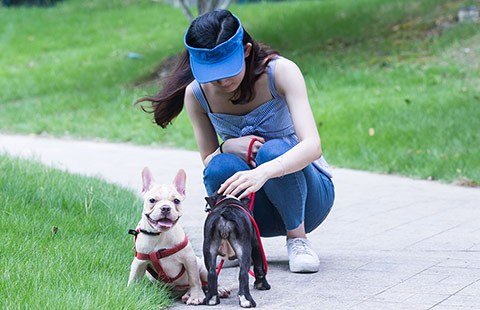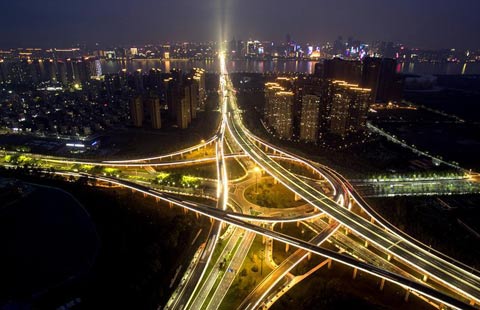Suning has big plans for high-end chain store
By Li Woke (China Daily) Updated: 2012-12-28 11:17Laox - a chain store whose main investor is Suning Appliance Co Ltd, China's largest home electronics chain - is expanding its offerings to appeal to a more diverse group of customers.
"We will add more products to our shelves, such as imported wines and baby products," said Wang Yan, head manager of a local store for Laox, a former Japanese chain that is now partly owned by Suning.
The Laox store in Beijing, where Wang works, has four floors and 12,000 square meters of floor space. It provides a much larger variety of goods than ordinary Suning outlets - not only home appliances and electronics, but also musical instruments, clocks, watches, daily commodities, jewelry and household supplies.
Although selling home appliances is still Laox's main business, it has been experimenting with offering an extended product line, Wang said.
"We sell gold bullion to retail investors and outdoor equipment on the first floor, which is quite different from typical home appliance stores, which usually sell cell phones on this floor," Wang said.
"We're different from department stores, too, which mostly sell cosmetics on their first floors."
Wang said he and others at the company want customers to notice these differences when they look in the store's windows.
"Our target customers are middle-class young people," she said.
Imported items make up 30 percent of the goods on the store's shelves, and that proportion is increasing, she added.
The majority of the imported goods, understandably enough, come from Japan, and the rest are from Europe and South Korea, she said.
Laox was formerly owned by the Tokyo-based Milestone Turnaround Management Co Ltd, and had 11 stores in Japan by the end of June this year.
In 2009, the Nanjing-based Suning Appliance Co Ltd acquired a stake of around 27 percent in Laox for 57.3 million yuan ($9.23 million), becoming its chief shareholder.
The first Laox store came to China two years later, marking Suning's attempt to move into the high-end market.
Suning now has three Laox stores in Beijing, and company employees said it is preparing to open more in the capital and other large cities such as Shanghai and Tianjin. They said they hope to have as many 150 Laox stores operating in 25 Chinese cities by the end of 2016.
Suning also plans to open about 200 stores under its own name every year for the next 10 years, taking the total number in China from 1,700 to 3,500.
In August, the Shenzhen-listed company reported that it had 47.19 billion yuan in sales revenue in the first half of 2012 and 2.18 billion yuan in profit.
liwoke@chinadaily.com.cn
- Focus on innovation must take care of jobs: Mexican economist
- China can show leadership at G20 summit to resist protectionism, boost confidence in global economy: US expert
- G20 expected to be 'ambitious' on innovation, trade, investment: Italian experts
- China's forex reserves data may improve due to a stable yuan
- Chile targets China as main destination for food exports
- Expert says upcoming G20 summit important opportunity to better understand China
- Chinese firm reports record-breaking optic fiber transmission
- China's start-up board turnover continues to gain

